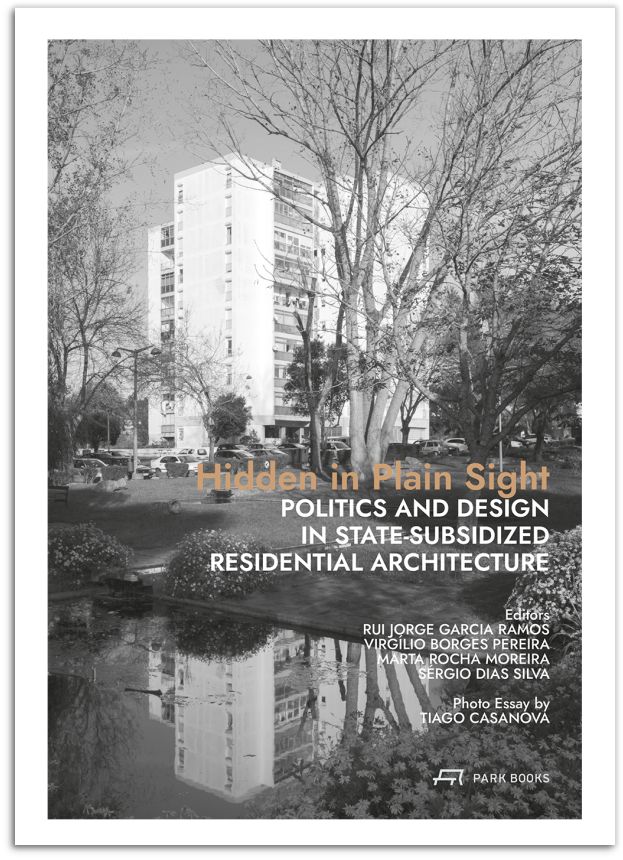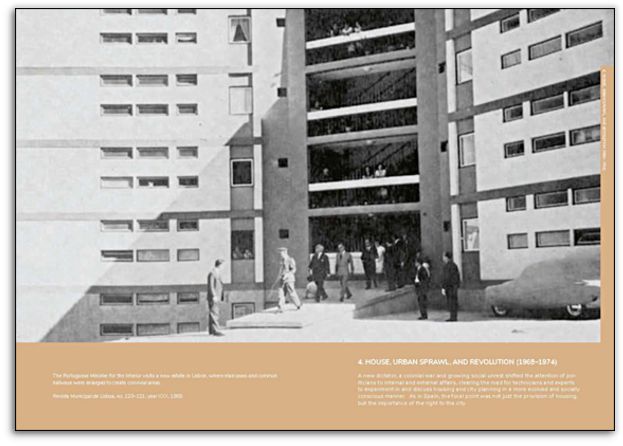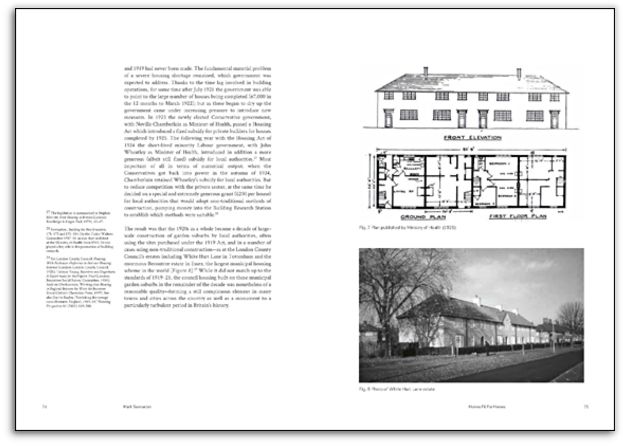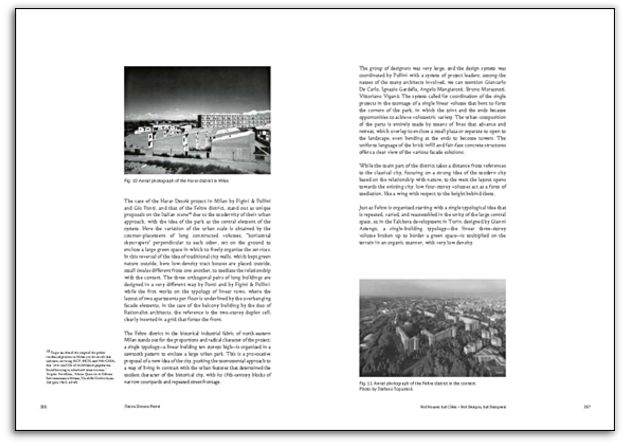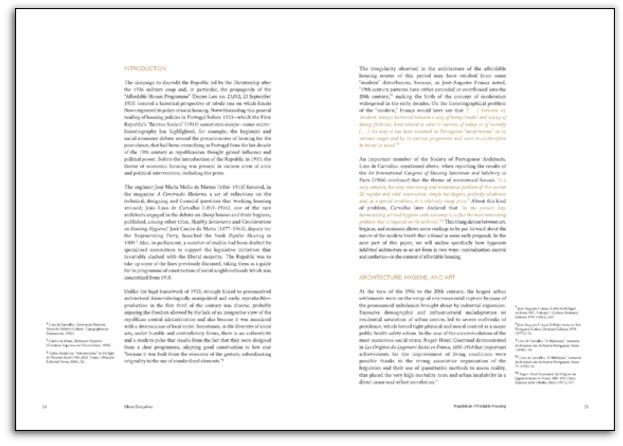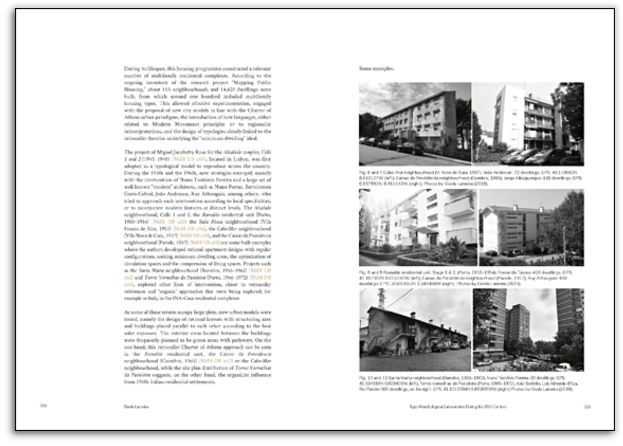Hidden in Plain Sight
Politics and Design in State-Subsidized Residential Architecture
An insightful compendium on the development of state-subsidized housing in Europe in the 20th century
GVA Gemeinsame Verlagsauslieferung Göttingen
GmbH & Co. KG
P.O. Box 2021
37010 Göttingen
Germany
+49 551 384 200 0
info@gva-verlage.de
Social housing has a long tradition in Europe. Since the early 20th century, these often anonymously built and unappreciated structures have arisen all across the suburbs of Europe’s major cities. In the multidisciplinary and international research project Mapping Public Housing, the Center for Studies in Architecture and Urbanism at the University of Porto’s Faculty of Architecture has been tracing the architectural heritage of social housing. The findings demonstrate that, in many cases, vibrant neighborhoods and entire city districts have emerged from such social housing programs.
This book takes a closer look at exemplary developments in Germany, Great Britain, Portugal, Switzerland, and Spain. The case studies cover a wide range of social and historical contexts, from the beginnings of social housing in Portugal sparked by German investment during World War I to the propaganda policies associated with subsidized housing for the working class in the 1940s, and to sustainable concepts and ideas for the future. Hidden in Plain Sight offers a wide-ranging panorama that recognizes the development of subsidized residential construction as a part of Europe's cultural history and traces the important role that state-funded housing has played in the emergence of the European welfare state.

